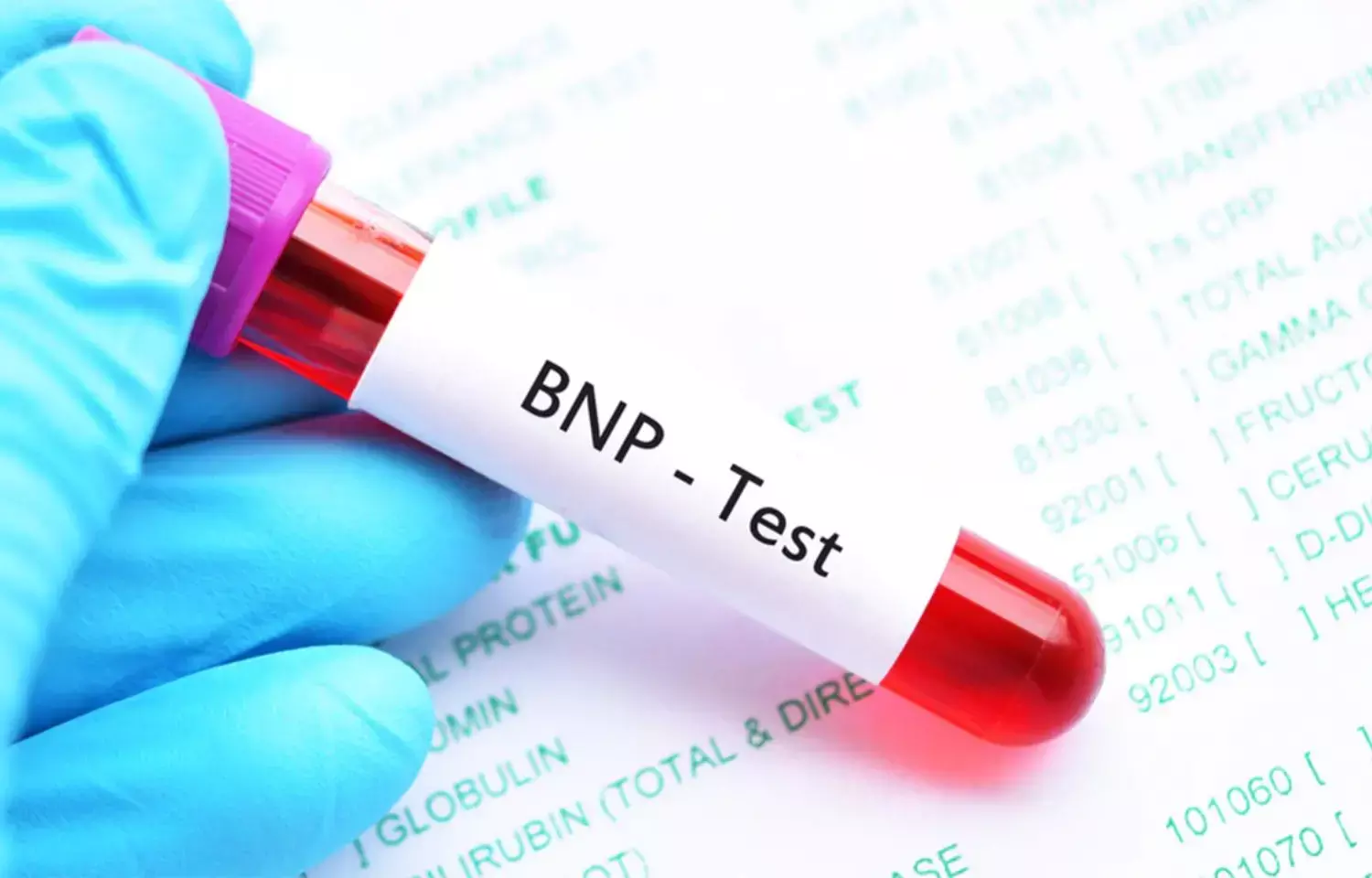- Home
- Medical news & Guidelines
- Anesthesiology
- Cardiology and CTVS
- Critical Care
- Dentistry
- Dermatology
- Diabetes and Endocrinology
- ENT
- Gastroenterology
- Medicine
- Nephrology
- Neurology
- Obstretics-Gynaecology
- Oncology
- Ophthalmology
- Orthopaedics
- Pediatrics-Neonatology
- Psychiatry
- Pulmonology
- Radiology
- Surgery
- Urology
- Laboratory Medicine
- Diet
- Nursing
- Paramedical
- Physiotherapy
- Health news
- Fact Check
- Bone Health Fact Check
- Brain Health Fact Check
- Cancer Related Fact Check
- Child Care Fact Check
- Dental and oral health fact check
- Diabetes and metabolic health fact check
- Diet and Nutrition Fact Check
- Eye and ENT Care Fact Check
- Fitness fact check
- Gut health fact check
- Heart health fact check
- Kidney health fact check
- Medical education fact check
- Men's health fact check
- Respiratory fact check
- Skin and hair care fact check
- Vaccine and Immunization fact check
- Women's health fact check
- AYUSH
- State News
- Andaman and Nicobar Islands
- Andhra Pradesh
- Arunachal Pradesh
- Assam
- Bihar
- Chandigarh
- Chattisgarh
- Dadra and Nagar Haveli
- Daman and Diu
- Delhi
- Goa
- Gujarat
- Haryana
- Himachal Pradesh
- Jammu & Kashmir
- Jharkhand
- Karnataka
- Kerala
- Ladakh
- Lakshadweep
- Madhya Pradesh
- Maharashtra
- Manipur
- Meghalaya
- Mizoram
- Nagaland
- Odisha
- Puducherry
- Punjab
- Rajasthan
- Sikkim
- Tamil Nadu
- Telangana
- Tripura
- Uttar Pradesh
- Uttrakhand
- West Bengal
- Medical Education
- Industry
Plasma BNP concentration, long-term predictor of cardiovascular mortality: JAHA study

New Zealand: The plasma concentration of B-type natriuretic peptide (BNP) is strongly and durably associated with the risk of cardiovascular death in patients with coronary heart disease, revealed study results published in The Journal of the American Heart Association.
Cardiovascular diseases (CVDs) are the leading cause of death globally, taking an estimated 17.9 million lives each year. B‐type natriuretic peptide (BNP) and its pro‐peptide, N‐terminal pro‐BNP (NT‐pro‐ BNP (NT-proBNP) are strong prognostic markers in patients with manifest heart failure and acute coronary syndromes.BNP is a neurohormone secreted mainly in the cardiac ventricles in response to volume expansion and pressure overload and N-terminal (NT)-pro hormone BNP (NT-proBNP) is a non-active prohormone that is released from the same molecule that produces BNP. Both BNP and NT-proBNP are released in response to changes in pressure inside the heart.
The predictive value of BNP and NT‐pro‐BNP for adverse cardiovascular events is stronger than for most other biomarkers. Whether the association between plasma BNP concentration and adverse cardiovascular events is sustained or diminishes with increasing years after BNP measurement is not clear. Previous studies of the prognostic importance of BNP have generally evaluated adverse cardiovascular events over <6 years of follow‐up.
Ralph A., Auckland City Hospital, New Zealand conducted a study to determine the sustainability of the association between plasma BNP concentration and cardiovascular mortality with increasing time after BNP measurement.
The study population included 6740 clinically stable patients with a history of previous MI or unstable angina who participated in the LIPID (Long‐Term Intervention with Pravastatin for Ischemic Disease) trial. Patients had their plasma BNP concentration measured at baseline and after 1 year. Investigators evaluated associations with cardiovascular mortality in landmark analyses 1 to <5, 5 to <10, and 10 to 16 years after randomization.
Key findings of the study,
• 1640 cardiovascular deaths were reported.
• The cardiovascular mortality rate increased progressively from 10.2 to 19.1 to 26.3/1000 patient‐years from 1 to <5, 5 to <10, and 10 to 16 years after baseline, respectively.
• The average baseline and 1‐year BNP concentration were more strongly associated with cardiovascular mortality compared with baseline or 1‐year BNP only.
• The hazard ratio (HR) for cardiovascular death associated with each doubling of average BNP concentration was similar during 1 to <5 years, 5 to <10 years, and 10–16 years.
The authors conclude that the results showed the strength of association between higher B‐type natriuretic peptide concentrations and cardiovascular mortality sustained for over a decade in patients with coronary heart disease. The average of >1 BNP measurement improves long‐term risk prediction due to random variation in plasma concentrations.
The present study results support the use of B‐type natriuretic peptides for targeting long‐term as well as medium‐term preventive therapies, the authors commented
Reference:
Ralph A. H. Stewart, Adrienne Kirby, Harvey D. White, Simone L. Marschner, Malcolm West, Peter L. Thompson, David Sullivan, Edward Janus, David Hunt, Leonard Kritharides, Anthony Keech, John Simes and Andrew M. Tonkin. Originally published. 29 Jun 2022. https://doi.org/10.1161/JAHA.121.024616. Journal of the American Heart Association. 2022;0:e024616
BDS
Dr. Hiral patel (BDS) has completed BDS from Gujarat University, Baroda. She has worked in private dental steup for 8years and is currently a consulting general dentist in mumbai. She has recently completed her advanced PG diploma in clinical research and pharmacovigilance. She is passionate about writing and loves to read, analyses and write informative medical content for readers. She can be contacted at editorial@medicaldialogues.in.
Dr Kamal Kant Kohli-MBBS, DTCD- a chest specialist with more than 30 years of practice and a flair for writing clinical articles, Dr Kamal Kant Kohli joined Medical Dialogues as a Chief Editor of Medical News. Besides writing articles, as an editor, he proofreads and verifies all the medical content published on Medical Dialogues including those coming from journals, studies,medical conferences,guidelines etc. Email: drkohli@medicaldialogues.in. Contact no. 011-43720751


